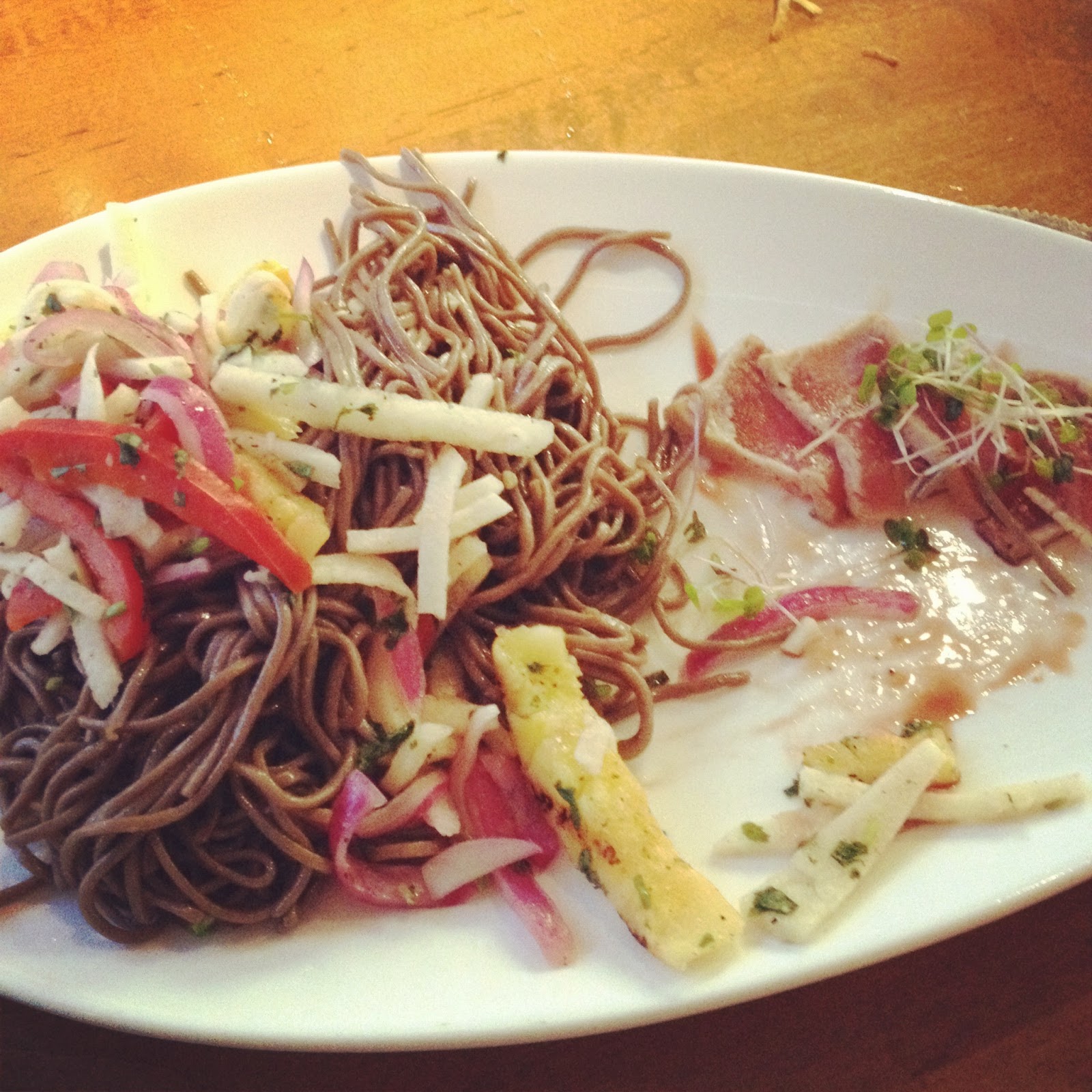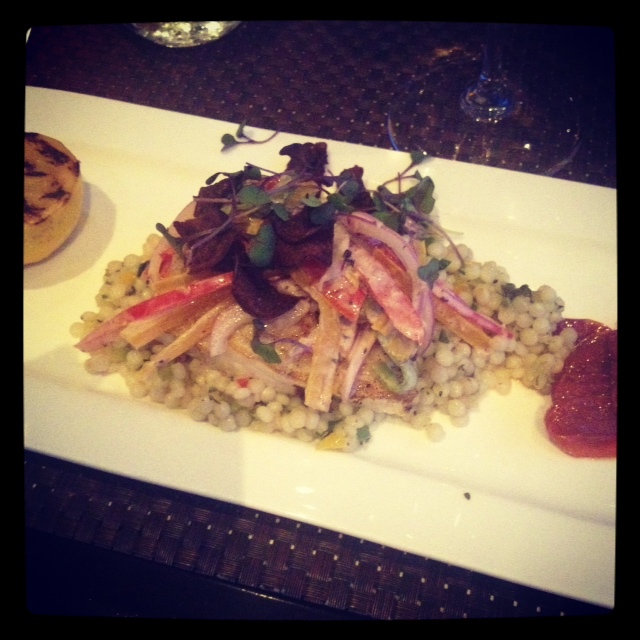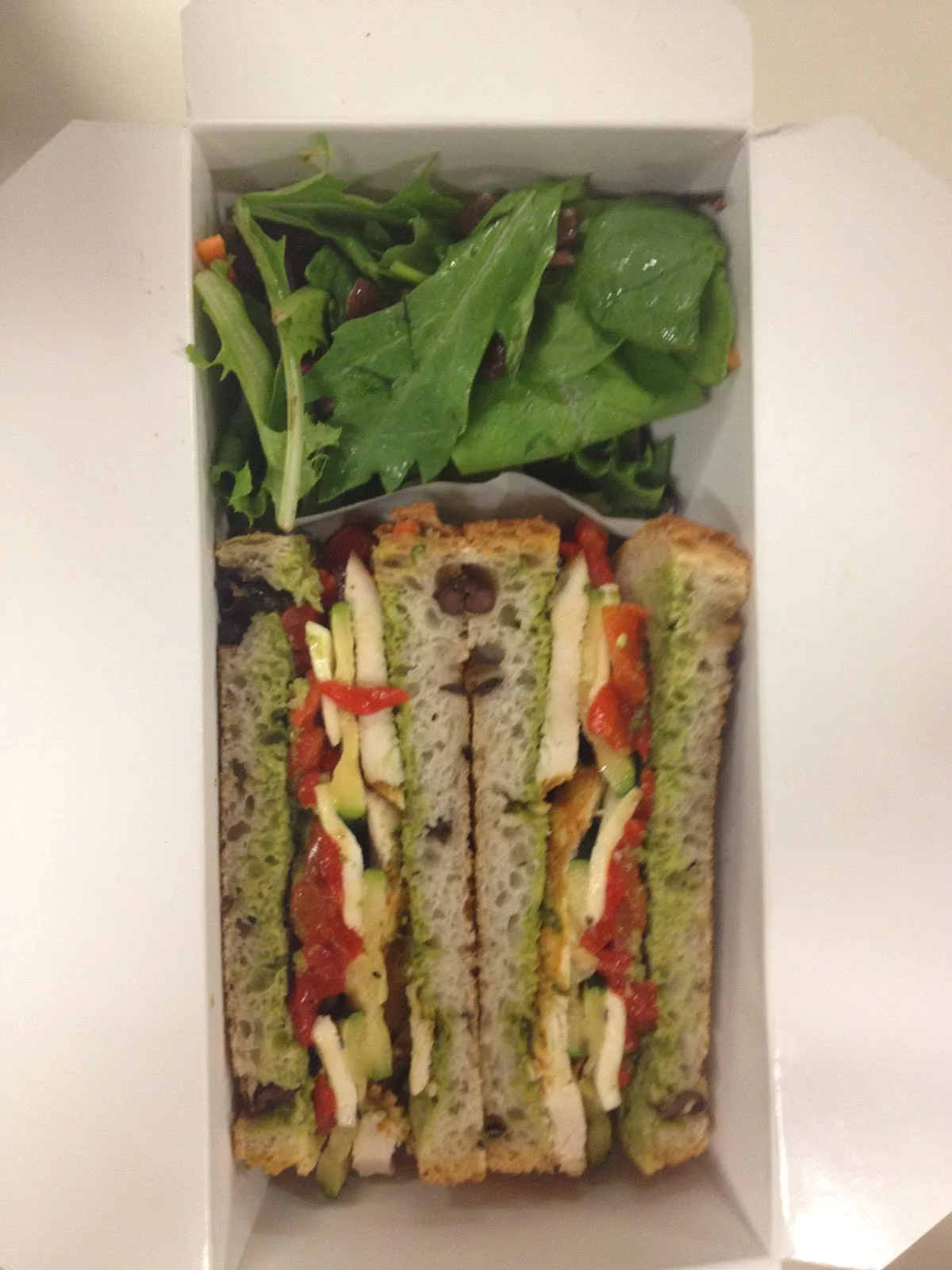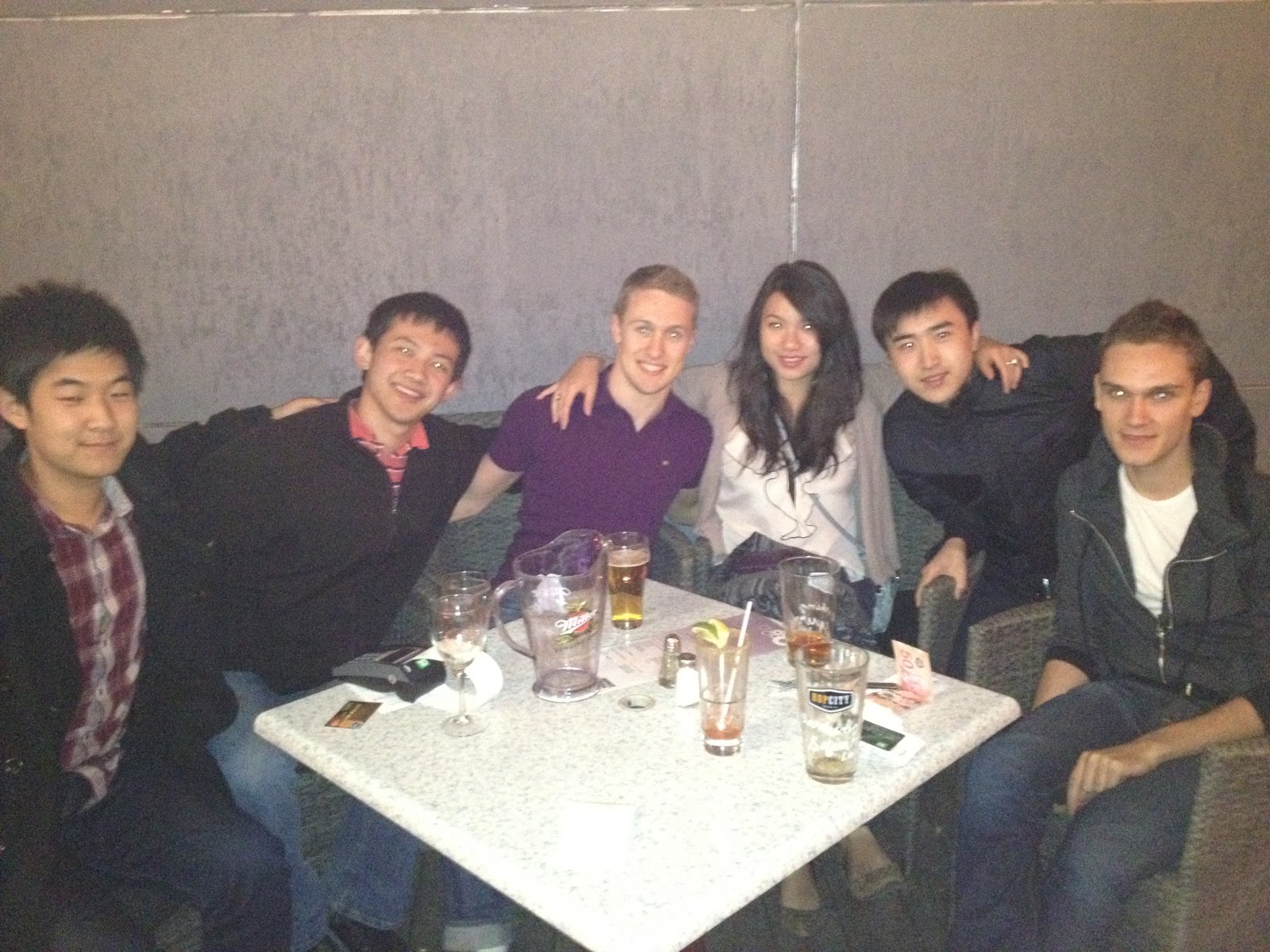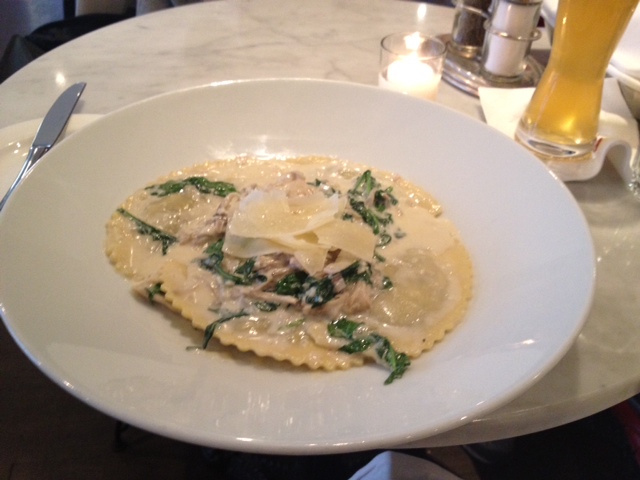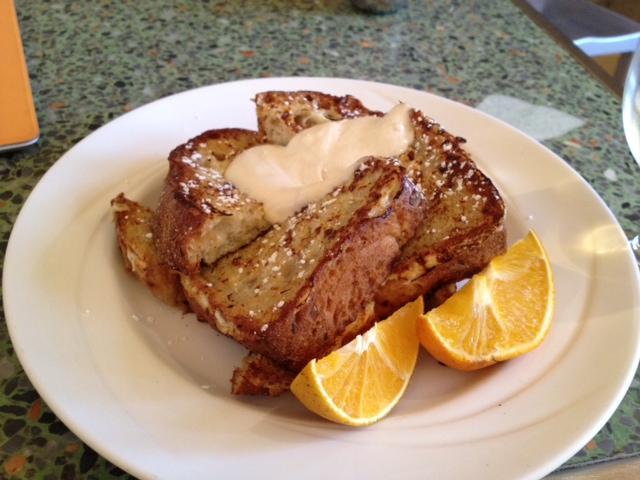Some updates on previous posts
On drug testing: Lance Armstrong has been accused of doping.
If he did, then he should be discredited. But is there not something wrong with
a system that discredits so many of its best athletes?
On rioting: I have thought about the argument that
protestors that have been disadvantaged because of profligate spending on the
part of the older generation. I have no sympathy for the Montreal rioters; you
shouldn’t either. The same applies for Greece and the Wall Street protestors.
Montreal students are the easiest to deride. If they were not rioting about the
increase in tuition then what are they actually rioting about? Canada is one of
the most resilient countries coming out of the recession. Youth unemployment is
14.7%, which is high, but nowhere close to the rates in other developed
countries. The fact is a quarter of Canadian firms find it hard to find talent.
Then, the fault of unemployment is very well shared by a lack of useful skills
(rioting, for example, is not a useful ability).
A similar argument applies for the US and Greece. Half of US
firms find it hard to employ people; quarter of Greek firms find it difficult (http://www.economist.com/blogs/graphicdetail/2012/05/daily-chart-18).
It is easy to blame others. The Greek population blamed the government then
subsequently put into power fringe parties and ignored reasonable requests for
austerity.
At the end of the day, these are all Western, democratic and
free nations. Its citizens are masters of their own soul. They can do whatever
they want with their lives. Instead they choose to riot. That is why I find
them uninspiring.
Some interesting thoughts:
·
Surely the economic situation is precarious. “Let
me restate this because it is important; from the current levels we would
expect on average no growth in corporate profits over the next five years and
the absolute best historical experience is 4.4% annualized growth.”
(http://www.valuewalk.com/2010/11/corporate-profits-current-level-tells-sp-500-returns-years/).
·
You know Europe’s screwed when the strongest
economy in Group C of the EURO cup is Croatia.
·
* SIR – Greece has a mobile-phone penetration
rate of 139%, it may be about to abandon its paper currency and it has an
existential problem raising tax revenue. This is the perfect opportunity to
leapfrog an inefficient legacy payment system: cash.
Greece should avoid the pain, delay and expense of
printing drachma, and instead move straight to allowing mobile payments only in
drachma. Paper euros will continue to circulate—as they do in
Montenegro—regardless of whether a paper drachma is reintroduced. National
efficiency would be given a rare advantage over Germany and the tax-raising
ability of the state radically improved: every taxi driver would pay tax.
Mark Martin
Moscow







